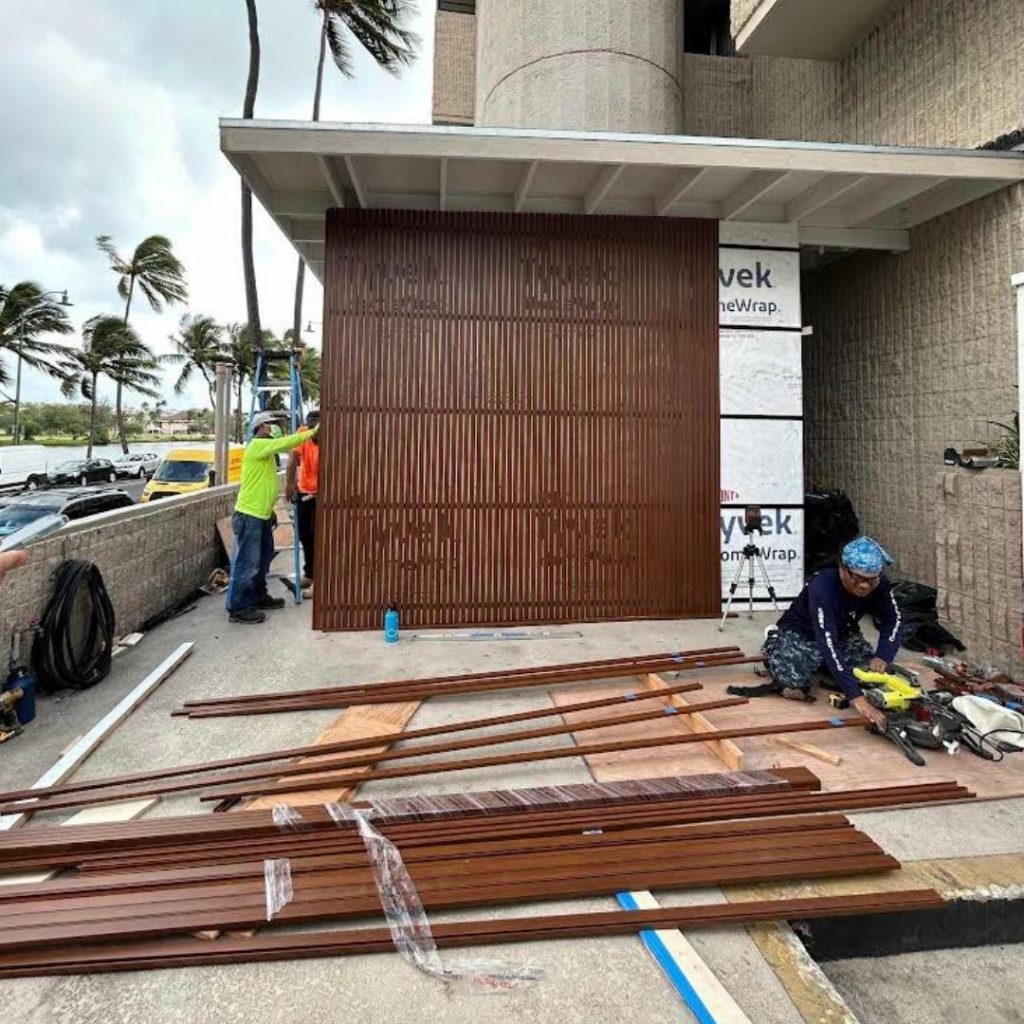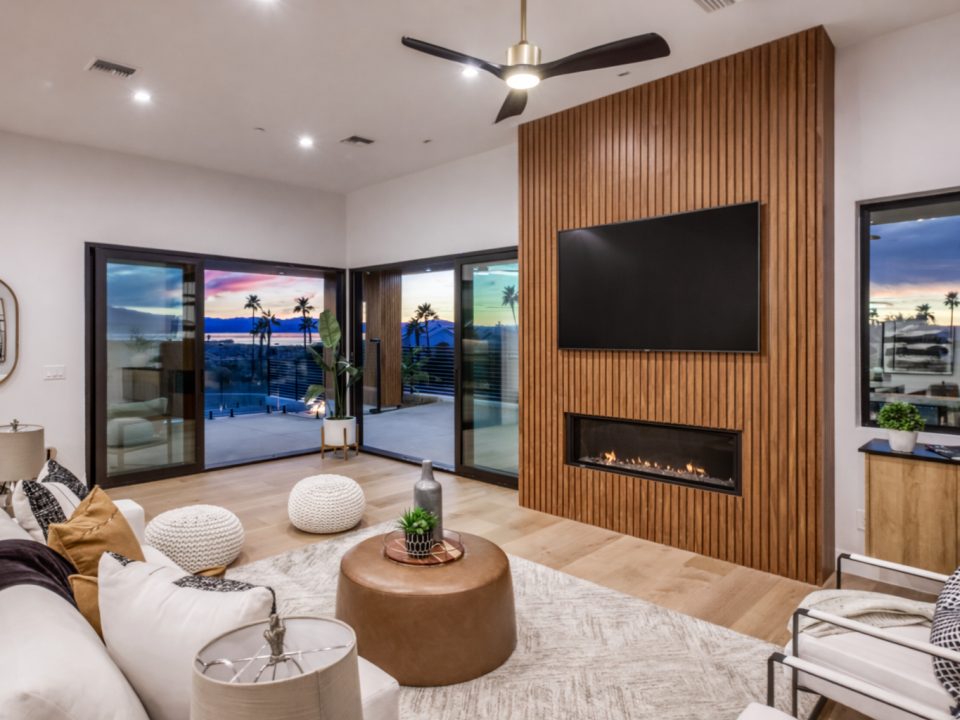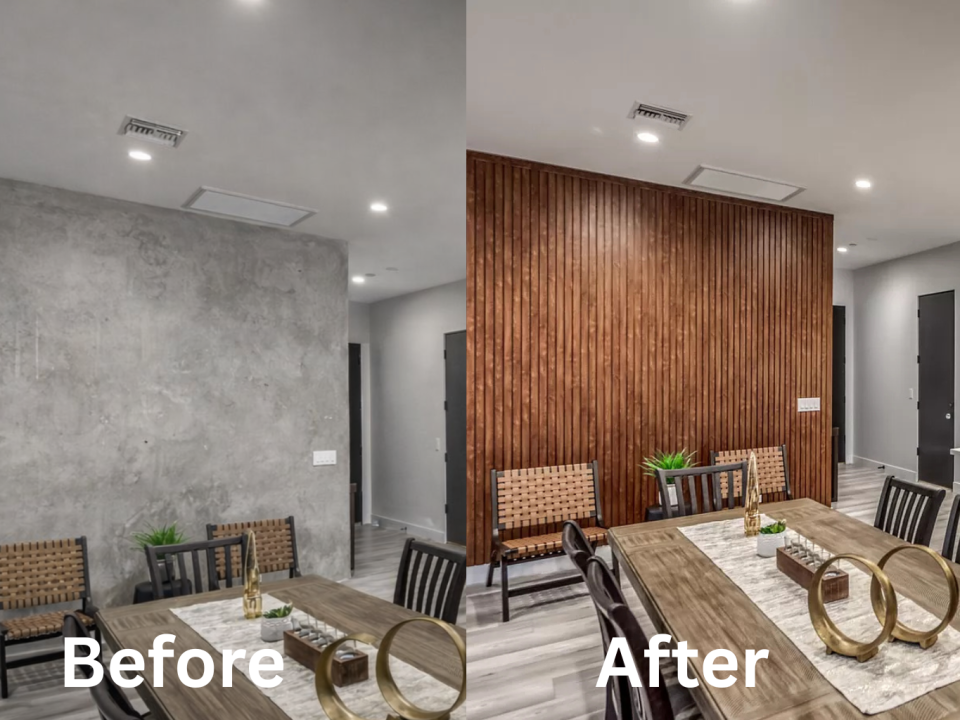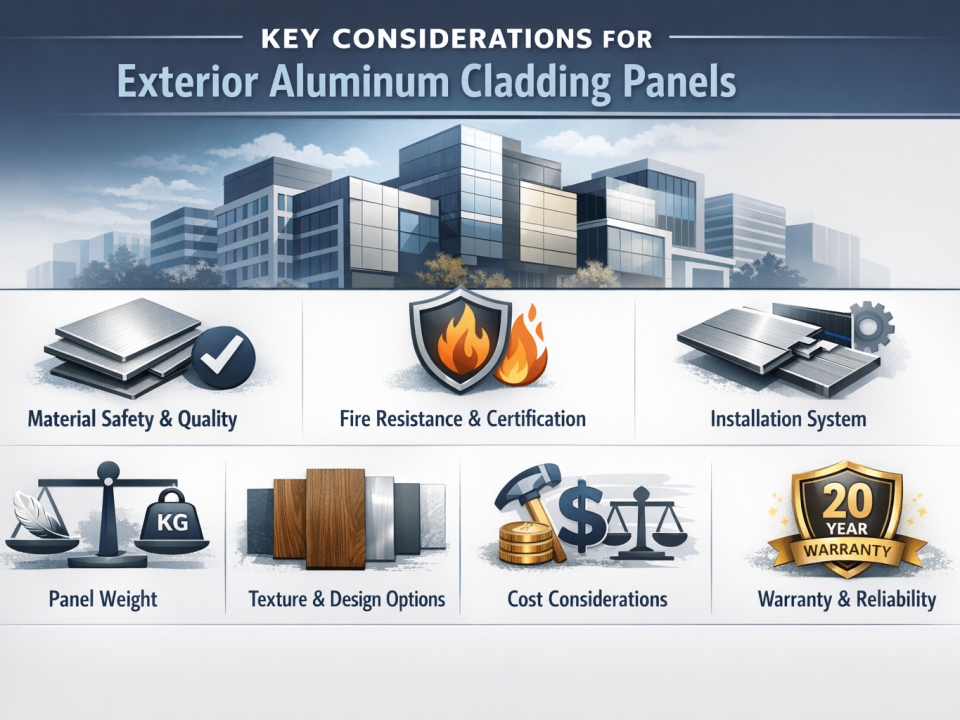
The Aesthetic Power of Grey Exterior Cladding Panels in Minimalist Design

Aluminum Fence and Cladding Pictures That Inspire Any Style by GTO Aluminum
When it comes to choosing the appropriate materials to build facades, cladding, or structural walls, the options can sometimes be overwhelming. Designers, builders, and contractors are faced with a variety of choices, each of which promises a different set of benefits. Two options that are common in the marketplace are GTO Aluminum panels and composite metal wall panels (ACM). Both have their merits; however, GTO Aluminum offers distinct advantages over conventional metal composite materials.
The Evolution of Metal Wall Systems: GTO Aluminum vs. Composite Metal Panels
In the past, metal composite materials (MCM) were the most popular choice for exterior coverings. They are multi-layer wall panels, consisting of an aluminum outer with an interior of fire-retardant plastic. They have been liked because of their lightweight and their aesthetic flexibility. But there are growing questions about their durability, maintenance and sustainability, particularly when they are compared to GTO aluminum.
GTO Aluminum: A Smarter, Stronger Alternative
GTO aluminum panels offer an innovative alternative to conventional metal panels that are insulated or Sandwich wall panels. In contrast to composite materials that are based on plastic cores GTO Aluminum panels are constructed of pure aluminum, which provides the highest durability, flexibility and long-lasting. Here’s the way GTO Aluminum stands apart:
- Long-term durability: The principal drawbacks to ACM outside wall paneling is its vulnerability to end up deteriorating over time. The plastic cores that are used in Composite facades could lead to problems such as denting, delamination and fade. But, GTO Aluminum panels are built to withstand the harshest conditions in the weather without sacrificing quality or design.
- Weather Resistance:The weatherproof metal panels are an important choice for commercial as well as residential structures. GTO Aluminum’s electrostatic coating offers a stain-resistant and long-lasting finish that will stand up to severe weather.
- Environmental Impact and Sustainability: Sustainability is an important aspect of modern construction. GTO aluminum panels are purely made with aluminum, which is 100% recyclable material therefore it offers a green alternative as compared to metallic composites which are hard to recycle.

Commercial vs Residential Use: Which is Better for Your Project?
When choosing materials for a building project one of the initial questions to consider is whether the material is residential or commercial. Each has its own set of needs, and GTO Aluminum’s versatility makes it an excellent choice for both types of projects.
GTO Aluminum cladding systems for Commercial Use
Commercial buildings in which durability, aesthetics and low maintenance are essential, GTO Aluminum panels are the ideal solution. Here are the reasons they are a great choice for commercial buildings:
- Modern Aesthetics:
Architectural cladding solutions aren’t only about functionality, it’s about making an impact. GTO Aluminum panels are available in a range of finishes. These include sleek modern and contemporary designs which are perfect for office buildings with high-rises or shopping malls as well as corporate headquarters. Contrary to composite panels that may be susceptible to fade and discoloration with time GTO Aluminum’s finishes maintain its appeal for decades. - Long-Term Cost Efficiency:
The long-term cost for the metal walls could be a major element for commercial projects. When using GTO Aluminum, the lower maintenance costs and longer duration means less repairs or replacements in the future, resulting in the highest ROI compared to metal panels that are insulated or Sandwich wall panels which require frequent maintenance. - Flexibility in Design:
Commercial buildings typically have complicated designed facades that require flexible materials. GTO Aluminum’s Universal Aluminum Click Profile System provides unbeatable flexibility in design that allows architects to create distinctive and innovative designs without focusing on the strength or durability or brittleness of composite facade panels..
GTO Aluminum cladding systems for Residential Use
Although GTO Aluminum excels in commercial projects, it’s a great option for residential projects especially for those who want quality, beauty and sustainability in their home. Here’s the reason GTO Aluminum is a great option for residential construction
- Durable Yet Lightweight:
The construction of residential projects, particularly those in suburbs, usually will require building materials simple to work with and install. GTO Aluminum’s weight-saving nature makes it a DIY-friendly material which means it can lower the cost of installation for homeowners and builders as well. The panel’s inherent flexibility permits it to be incorporated into spaces designed specifically for it which composite panels typically have a difficult time with. - Aesthetic Appeal for Modern Homes:
The appeal in GTO Aluminum lies in its ability to effortlessly blend into modern architectural styles for residential homes. If you’re looking for a modern Aluminum wall-cladding design to create a contemporary home, or a more rustic appearance with wood grain finishes GTO Aluminum offers a wide choice of designs. The natural elegance and customizable choices make GTO Aluminum a preferred option to exterior aluminum cladding in residential areas with a high-end look. - Maintenance-Free Living:
The majority of homeowners want products that do not require ongoing maintenance as GTO Aluminum delivers on this promise. The powder-coated finish stops staining, fade, and peeling, which reduces the need to repaint or repairs. This is a benefit against ACM outside wall paneling or walls made of sandwich panels that may degrade faster and require more maintenance.
Key Comparison: GTO Aluminum vs. Composite Metal Panels
| Feature | GTO Aluminum Panels | Composite Metal Panels (ACM) |
| Material Composition | 100% Aluminum (No the plastic core) | Aluminum with a plastic central (polyethylene or a fire-retardant) |
| Durability | High-end durability, weatherproof | Highly susceptible to delamination, denting and fade over time |
| Installation | DIY-friendly, no welding required | Most often, it requires a professional to install |
| Maintenance | The finish is low maintenance and fade-resistant. | High maintenance, may require frequent repairs |
| Sustainability | Eco-friendly, 100% recyclable | It is difficult to recycle because of the plastic content |
| Aesthetic Variety | A wide range of finishes as well as customized options | Finishes that are not as polished, can discolor as time passes |
Conclusion
The selection of the right material for your construction project is crucial to ensure durability, aesthetic design and long-term sustainability. Whether you want to construct an office, a mall, a house or retail shop, GTO aluminum panels give numerous advantages over other composite metal wall panels. From its remarkable quality and weatherproofing capabilities to its simple installation and eco-friendly features, GTO Aluminum provides a superior alternative to metal cladding in architectural solutions commonly used in commercial and residential settings.
FAQs:
The reason why GTO Aluminum panels are stronger than composite panels?
GTO Aluminum panels are made of pure aluminum, giving them remarkable strength and endurance. On the other hand the composite facade panels have an inner plastic layer which could cause fade and delamination.
Can I install GTO Aluminum panels in my home?
Yes! These aluminum panels are so designed, you can install them simply, no need for special tools or welding. This makes it less expensive than the construction of traditional metal walls.
Can We Use GTO Aluminum for commercial as well as residential construction?
Yes, because of the GTO Aluminum panel’s versatility, these are suitable for commercial and residential purposes. They offer modern design for commercial buildings and they are lightweight enough to be used for residential buildings.




